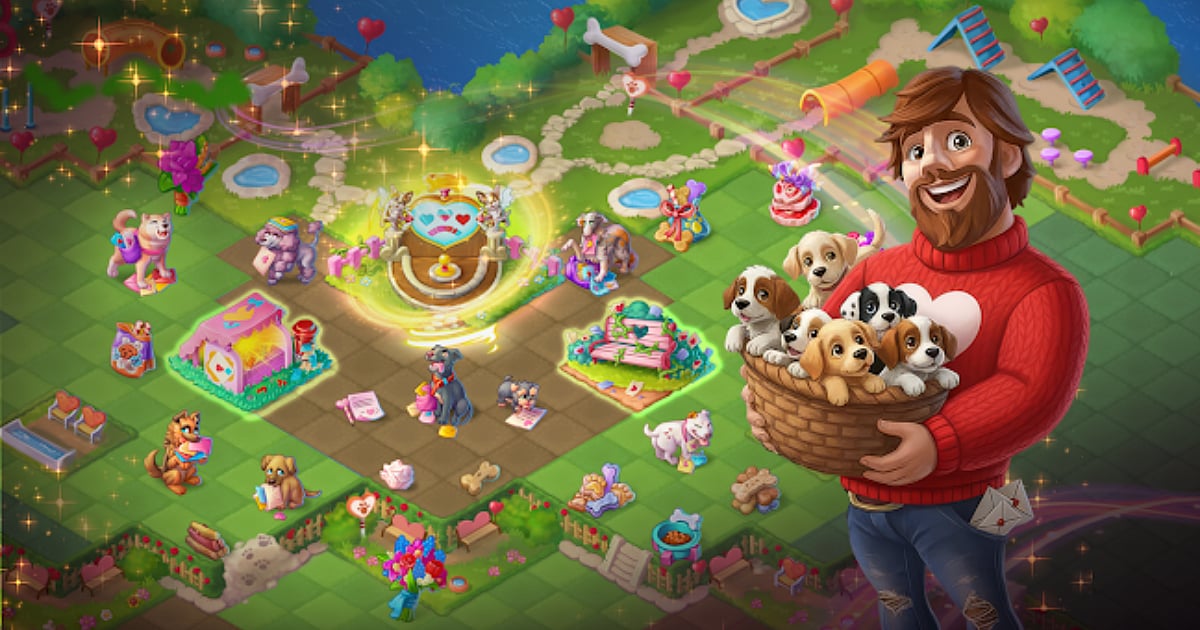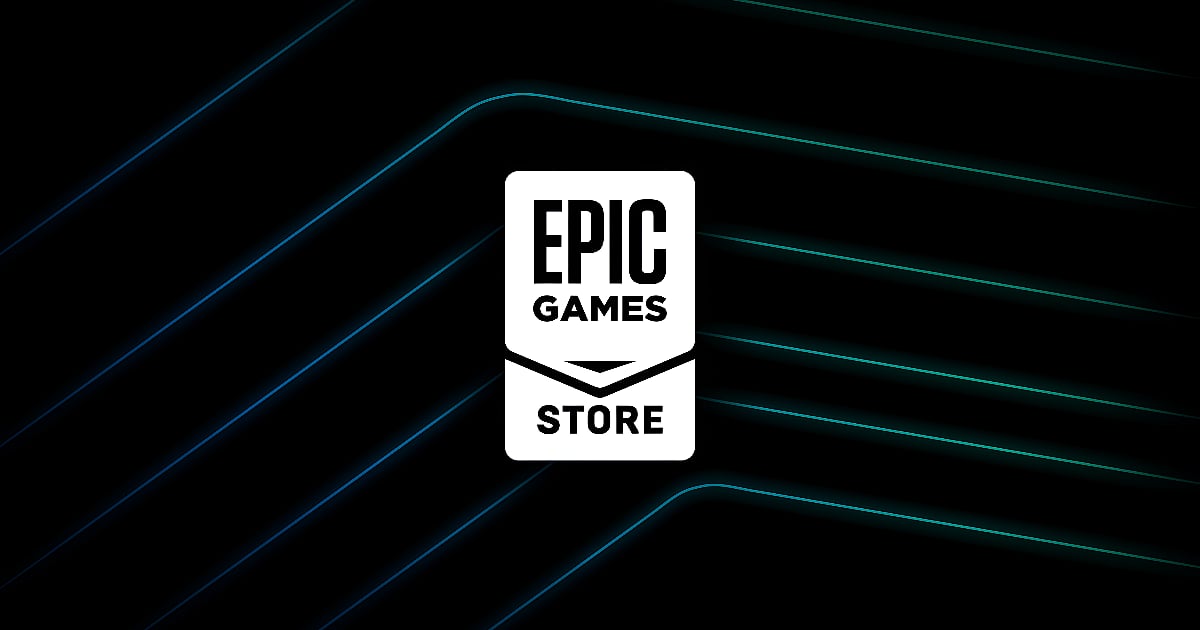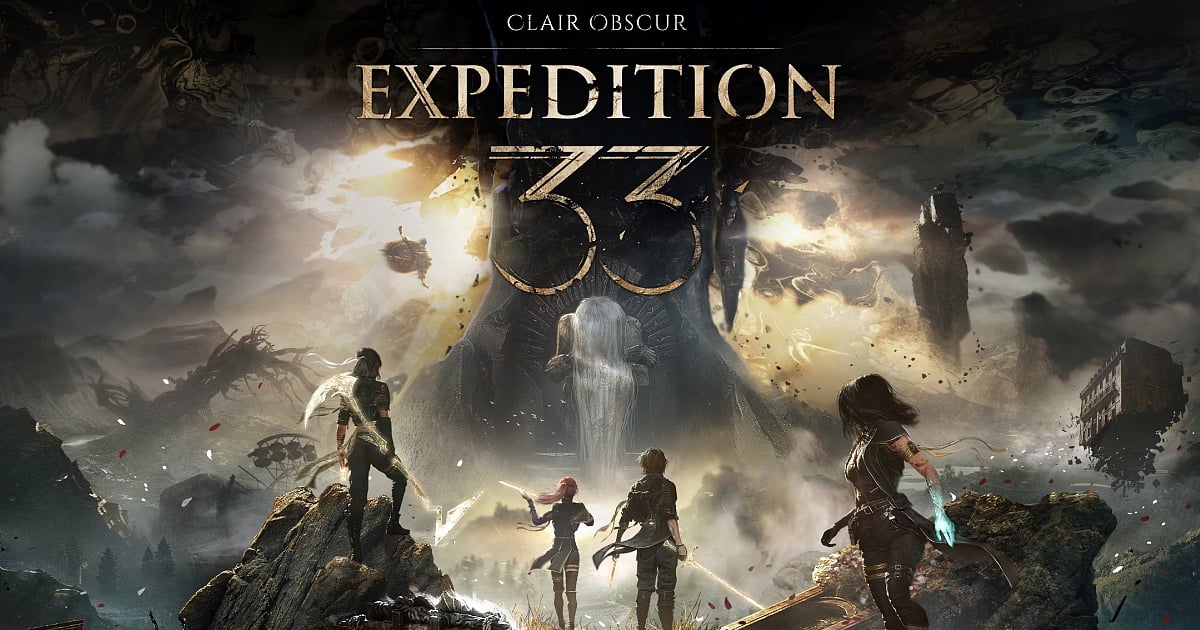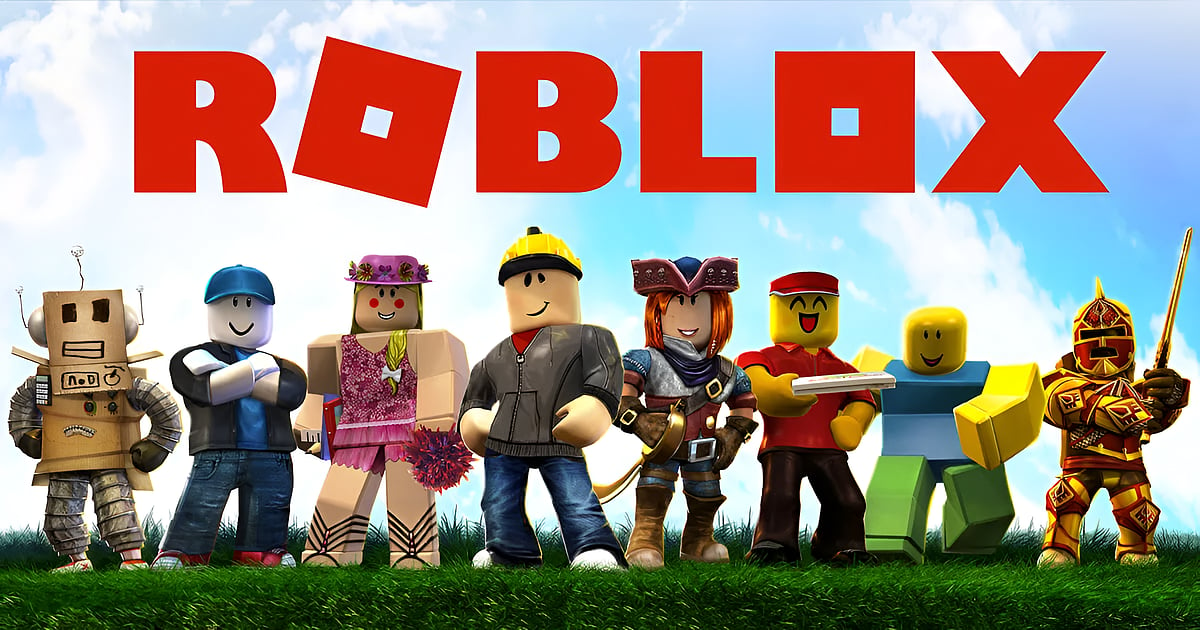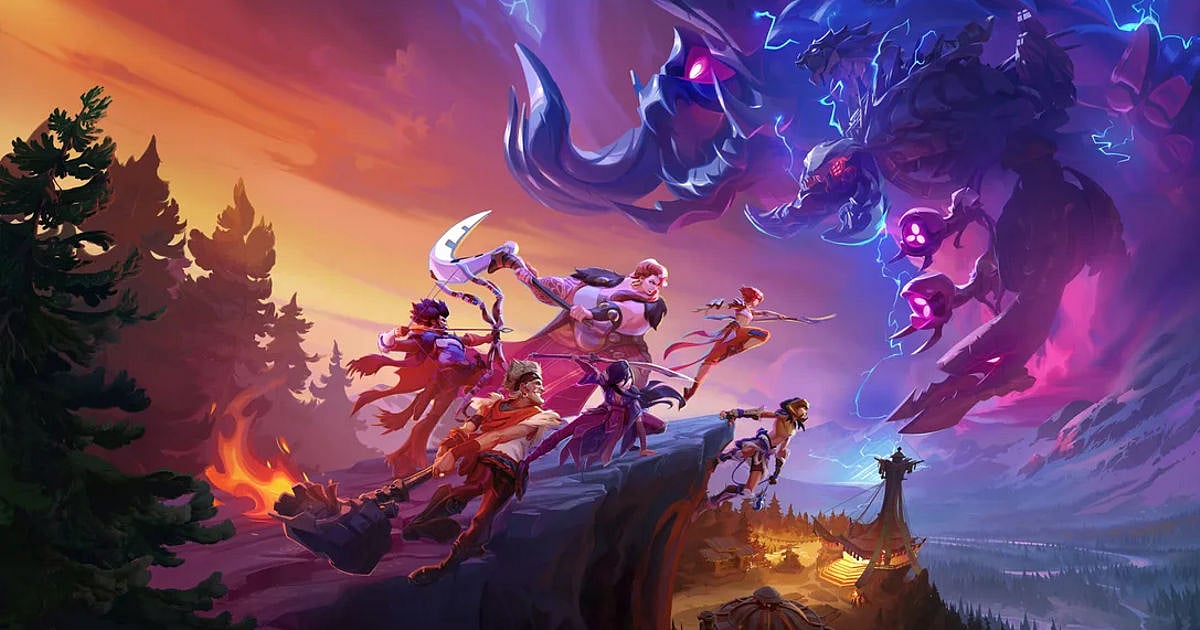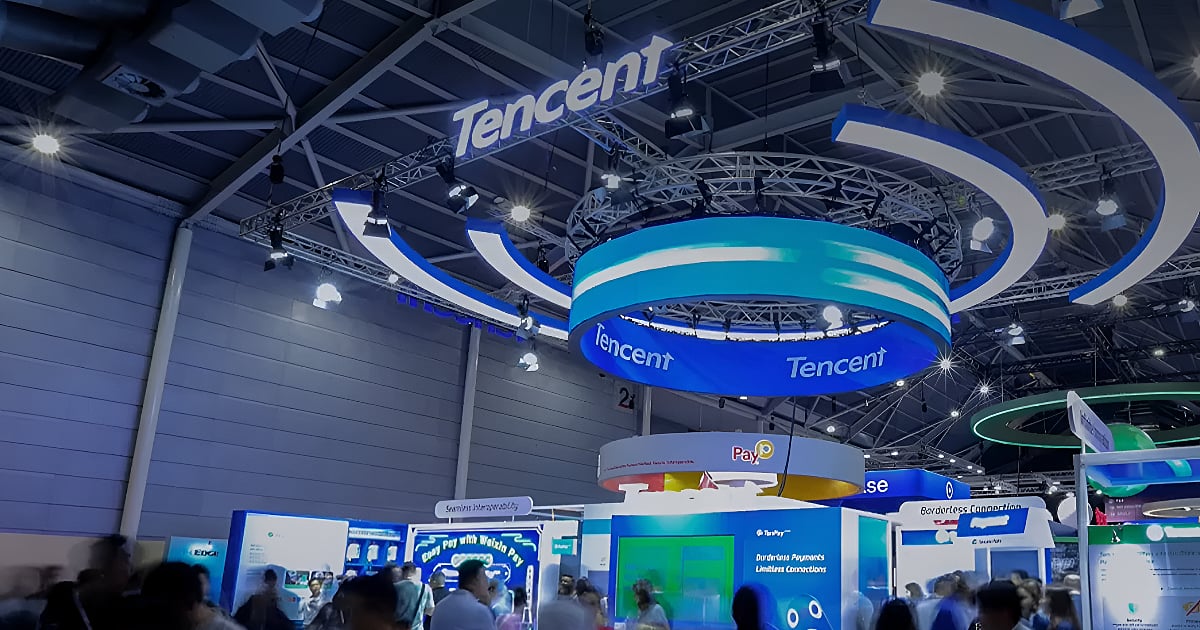
Batman by Telltale Games
Inside the Shutdowns: Lessons from Five Gaming Studio Failures
Highlights
- The video game industry has seen numerous studio closures in recent years due to financial, strategic, and management challenges.
- Common reasons include misaligned projects, rising production costs, poor leadership, and shifting corporate priorities.
- Let’s examine five studios’ failures to reveal critical lessons on the gaming industry.
The video game industry is home to creativity and innovation, but it is also marked by intense competition and volatility. Despite the sector’s growth, many game studios face shutdowns triggered by complex factors. These closures have profound impacts on employees, fans, and the industry’s future. Here is a look at five high-profile studios that shut down that gave the industry key insights.
Ion Storm
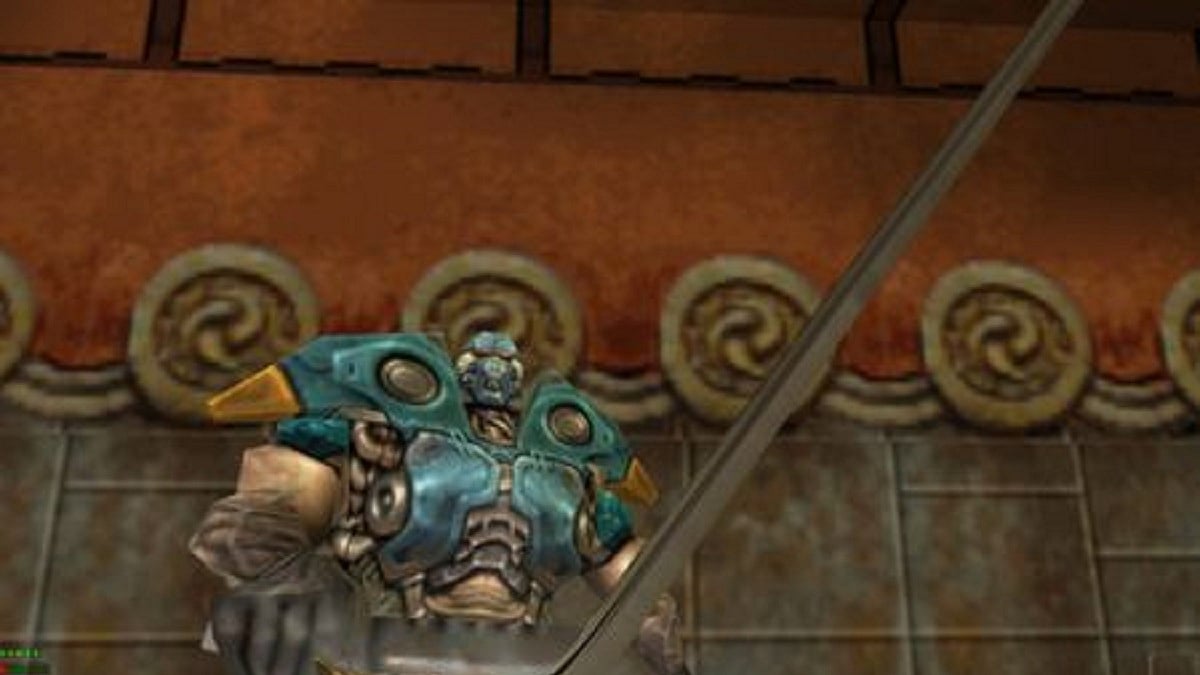
Ion Storm / Steam
Founded in 1996 by industry legend John Romero of DOOM and Wolfenstein fame, Ion Storm attracted huge anticipation but faltered due to mismanaged projects. The studio’s flagship game, Daikatana, underwent repeated delays, suffered from excessive budgeting, and launched with significant bugs, resulting in a failed launch. Another title, Dominion: Storm Over Gift 3, was canceled amid internal conflicts and never launched. The studio's hyped vision was never realized, leading to its closure in 2005. Despite the promise of Romero’s vision, given his track record in the industry, Ion Storm serves as a lesson in how project mismanagement can hurt gaming projects.
Free Radical Design
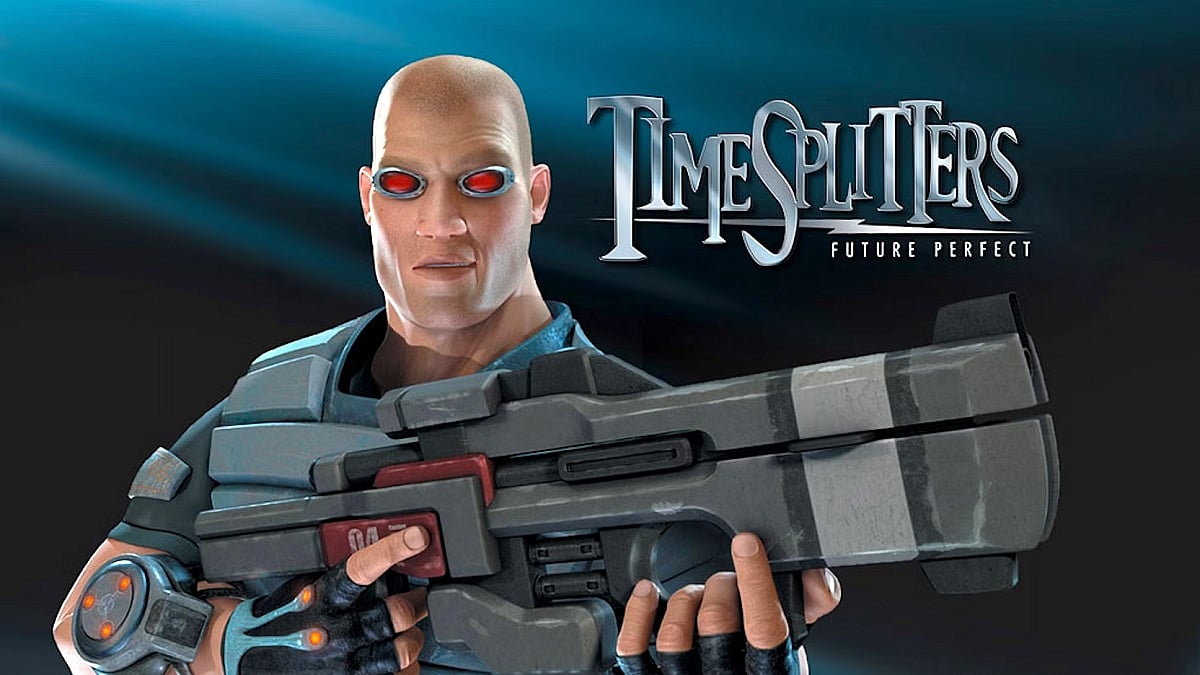
Free Radical Design
Creators of the popular Timesplitters series, Free Radical Design was well-regarded for innovative gameplay. However, their 2008 release Haze was marred by technical issues and lackluster gameplay, disappointing fans. The failure of Haze to meet expectations financially and critically led to financial strain and ultimately bankruptcy by 2009. The studio was eventually acquired and rebranded as Crytek UK. Even after its rebranding, Crytek UK struggled with staff wages and financial difficulties, and the UK division was shuttered as the main company continues to operate in its Frankfurt division. Technical issues ended Free Radical Design’s opportunity to make it in the industry, and it is a problem that still affects major publishers. There are instances of games like Cyberpunk 2077 making a comeback after fumbling on the technical front but those cases are rare.
Telltale Games
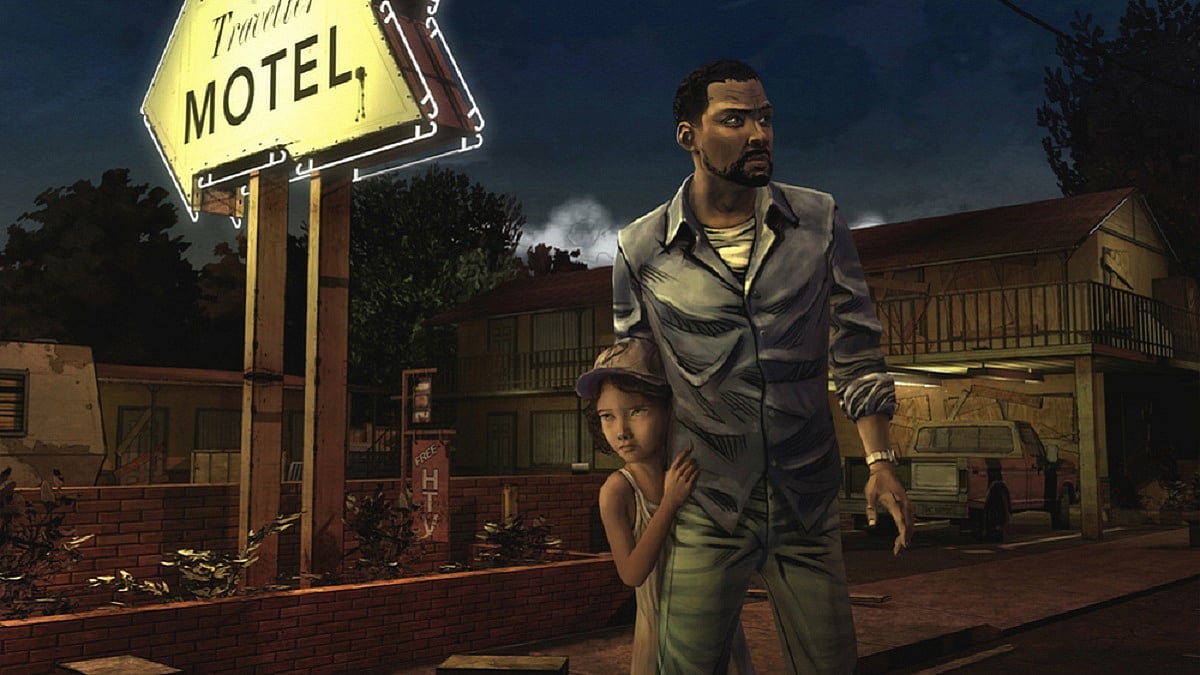
Telltale Games / Steam
Telltale Games revolutionized storytelling in games with episodic releases such as The Walking Dead. Their success, however, was followed by rapid expansion, ambitious projects, and heavy workloads, stretching resources too thin. In September 2018, after losing their last major investor and facing financial instability, Telltale abruptly shut down most operations, laying off 90% of staff with little warning and leaving some projects unfinished. In 2019, Telltale was revived by LCG Entertainment, acquiring many licenses and restarting development with a focus on sustainability, using modern engines like Unreal and avoiding the past’s overambition pitfalls. While some key franchises like The Walking Dead remain with other studios, the revival continues development on games such as The Wolf Among Us 2, in a bid to make a comeback with improved management practices.
Tango Gameworks
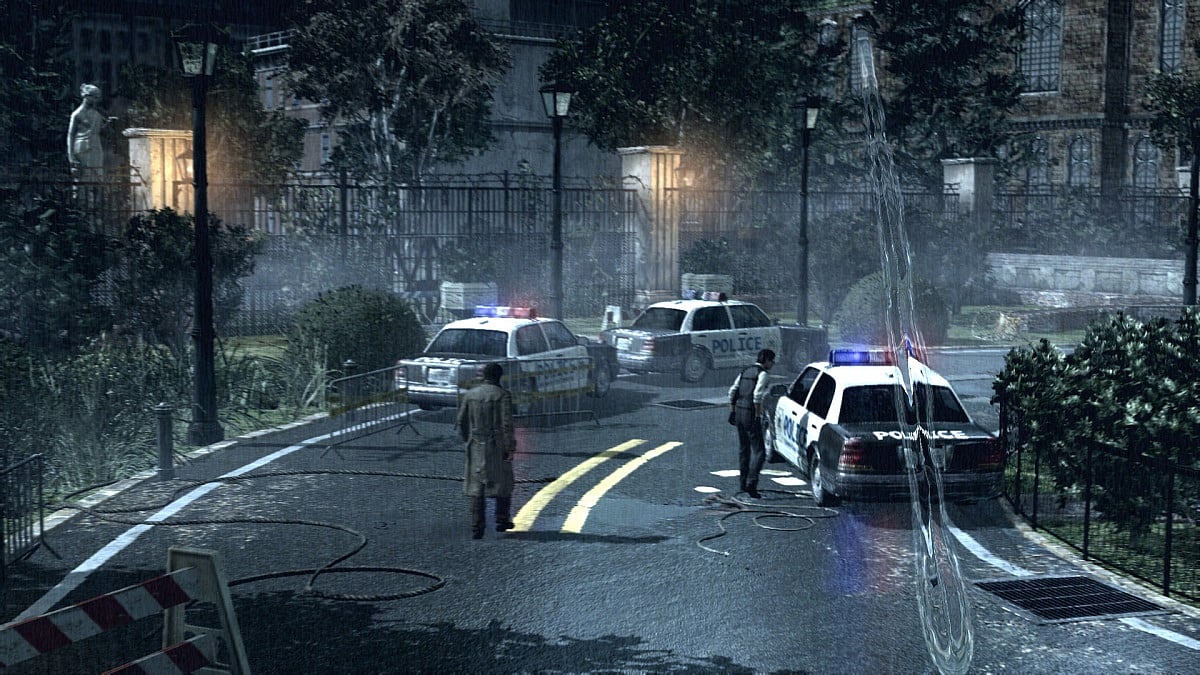
Tango Gameworks / Steam
Known for The Evil Within series and the critically acclaimed Hi-Fi Rush, Tango Gameworks surprised many when Microsoft announced its closure in 2024 as part of broader studio consolidations. Despite strong reviews, shifting corporate priorities toward fewer, larger blockbuster projects led to the shutdown of several Bethesda-owned studios. Tango Gameworks was later acquired by Krafton, preserving part of the studio and its IP. Unlike many other shuttered studios that closed following poor reception or financial failure, Tango Gameworks stands out as a case where critical acclaim and creative success were not enough to withstand larger corporate business decisions. This highlights the increasing influence of parent company strategy and market consolidation on the fates of respected creative studios.
Ridgeline Games
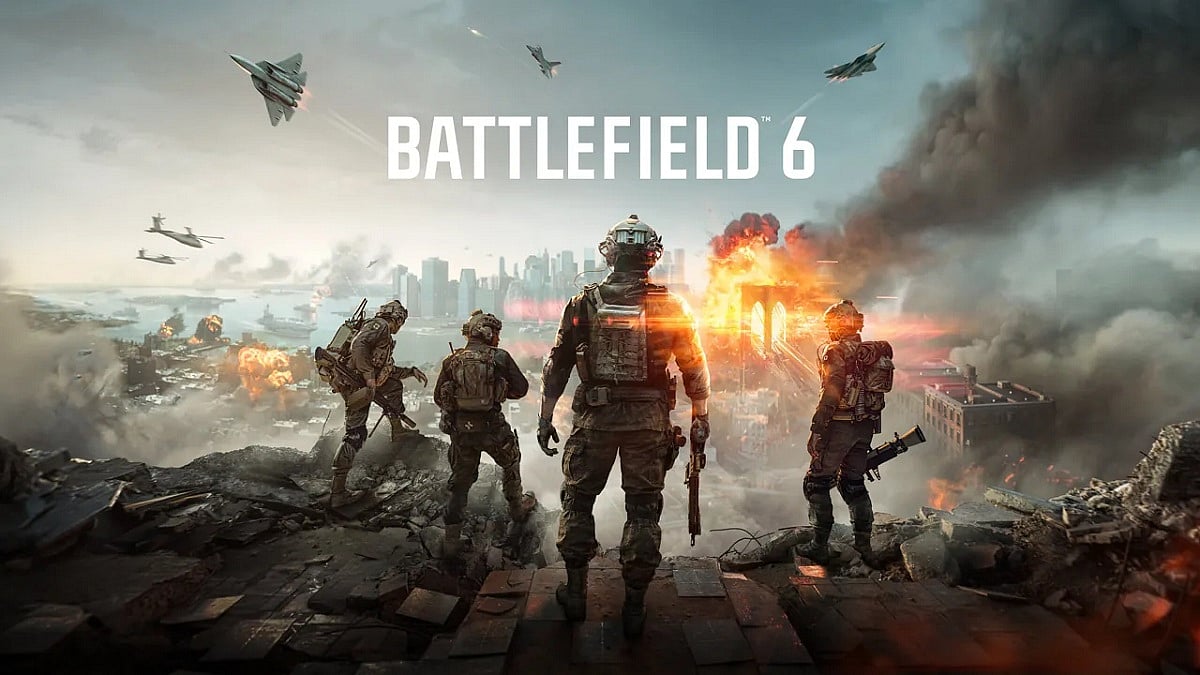
DICE / EA
Founded in 2022 by former Halo designer Marcus Lehto, Ridgeline Games had significant industry promise but shuttered in 2024 before releasing any titles. Leadership departures, unclear product vision, and escalating development costs contributed to financial difficulties.
The winding down of Ridgeline was part of a broader 5% workforce reduction at EA, aimed at refocusing resources toward live service games, owned IP, and larger-scale multiplayer franchises. Some former Ridgeline developers were reassigned to EA’s Ripple Effect studio to continue work on other Battlefield projects, while the single-player campaign development was transferred to Criterion Games. Lehto described the shutdown as a “gut punch,” expressing strong support for the talented team whose work contributed valuable ideas to the franchise. The closure highlights the challenges newer AAA studios face in an increasingly competitive and high-cost gaming landscape, especially under large publishers navigating rapid market changes and financial pressures.
What We Learnt
These five studios highlight some of the biggest challenges facing game developers today. Development costs keep climbing, and players expect more polished, engaging experiences than ever before. At the same time, big publishers are consolidating their holdings, which puts extra pressure on smaller studios to stay lean and innovate quickly just to survive.
For teams and leadership, it’s a constant balancing act. There’s a need to take creative risks while also managing projects carefully and keeping budgets under control. Studios owned by larger companies often have to juggle their own creative vision with the parent company’s broader strategy, something that’s not always easy. And beyond the business side, there’s an increasing awareness that preventing burnout and fostering healthy work cultures is essential to keeping talent around.
The closure of well-known studios may feel like setbacks, but they also offer important lessons about how volatile and unpredictable the gaming world can be. Creative passion drives the industry forward, but it needs to be backed up by strong management, clear leadership, and the flexibility to adjust when the landscape shifts. Developers, investors, and fans alike will benefit from understanding these realities as they look toward the future of gaming.

Author
Abhimannu Das is a web journalist at Outlook India with a focus on Indian pop culture, gaming, and esports. He has over 10 years of journalistic experience and over 3,500 articles that include industry deep dives, interviews, and SEO content. He has worked on a myriad of games and their ecosystems, including Valorant, Overwatch, and Apex Legends.
Abhimannu Das is a web journalist at Outlook India with a focus on Indian pop culture, gaming, and esports. He has over 10 years of journalistic experience and over 3,500 articles that include industry deep dives, interviews, and SEO content. He has worked on a myriad of games and their ecosystems, including Valorant, Overwatch, and Apex Legends.
Related Articles

